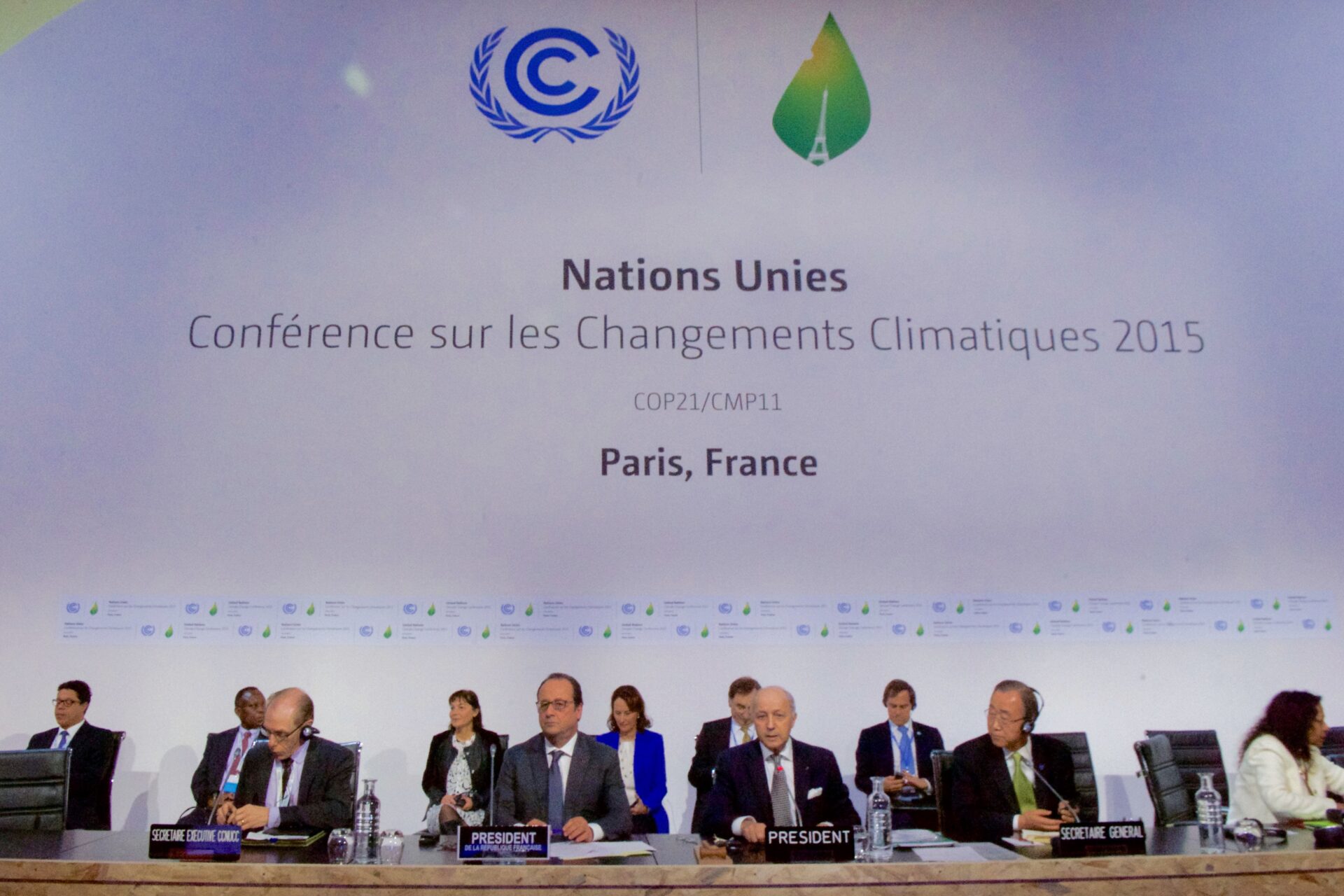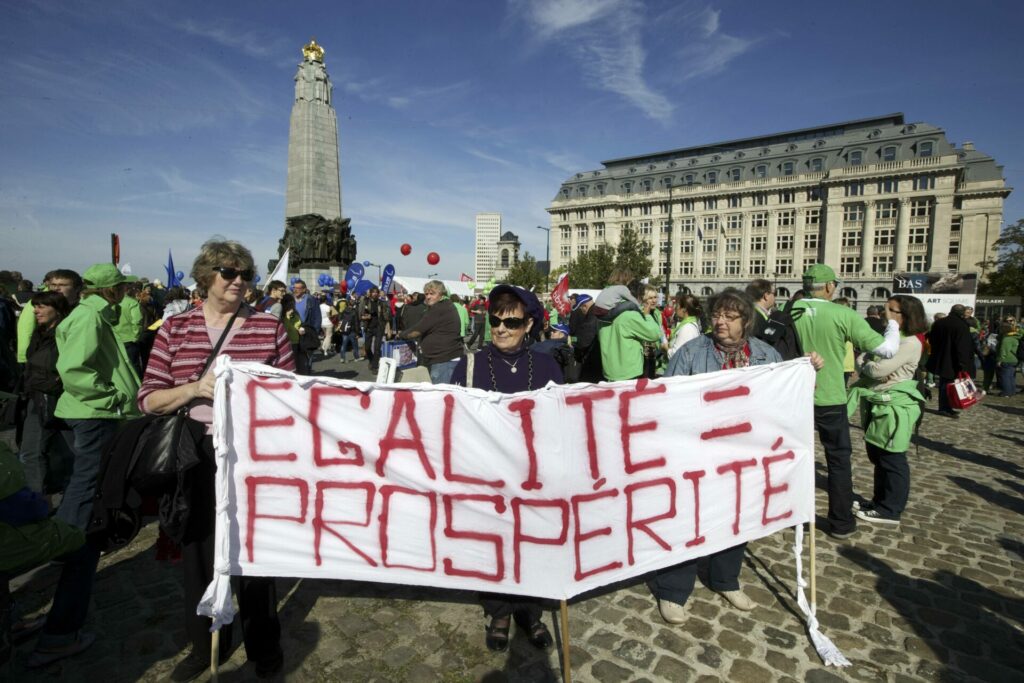The issue of inequality is one of the least talked about and yet, most glaring consequences of the changes that society will have to make to limit global warming.
Society and the way it functions today is extremely dependent on energy. More than 70% of the energy consumed in Belgium is of fossil origin (diesel, gas, petrol...). Energy is indeed needed in all the activities of our daily lives, from heating to mobility.
This includes the production of electricity but also the production of goods and services that surround us. Tackling climate change, through different types of measures such as taxation and regulations, therefore requires addressing the ubiquitous energy issue.
Particular attention must therefore be paid to a possible increase in the prices of "essential" products and services and to everyone's ability to absorb a possible increase in prices, as is the case today with the increase in the price of the various energy sources.
Related News
- Global CO2 emissions to break new records in 2022
- High emissions throw construction sector off-track for decarbonisation
- Supply chain crisis is over, now warehouses are overflowing
To take the right measures, it is necessary to take into account the social acceptability of these, especially since, contrary to what one may think, it is often people in precarious situations who contribute the least to climate change, not by choice but by necessity.
In Europe, the bottom 50% emit an average of 5 tonnes of CO2/year/person while the top 10% emit around 30 tonnes CO2/year/person.
What does that mean?
As a result, the most precarious sections of society emit less than the richest 10% of citizens. It also means that a citizen who is in the 50% of the most precarious consumes on average six times less fossil energy than a person who is part of the 10% wealthiest.
It may also mean that the bottom 50% of citizens are on average already on track to meet the commitments set out for 2030, . With 196 States committing to reduced their CO2 emissions by at least 55% by 2030 compared to 1990 levels, at COP21 in 2015,

Credit: U.S. Department of State/Wikimedia Commons.
In Belgium, to be part of the richest 10% you have to earn more than €5800 or €3200 net. Beyond the important symbol of private jet travel, it is not only millionaires who are outside the sustainable carbon trajectory.
In the world, the poorest 50% emit 10% of global greenhouse gas emissions while the richest 10% emit 49% of greenhouse gas emissions. In other words, the richest 10% emit five times more than the poorest 50%. The climate problem is therefore not a question of overpopulation but rather a question of distribution.
The increase in energy prices reveals inequalities in all the activities of our daily lives, from heating and mobility to electricity and the production of the goods and services that surround us, from bread to other food products.
The question of inequalities will have to be raised in all the changes necessary for the energy transition. It must take into account the social acceptability of the measures decided.
Particular attention must be paid to a possible increase in the prices of the services concerned and to the ability to absorb the increase in prices, as is the case today with the increase in the price of the various forms of energy, in varying proportions.

